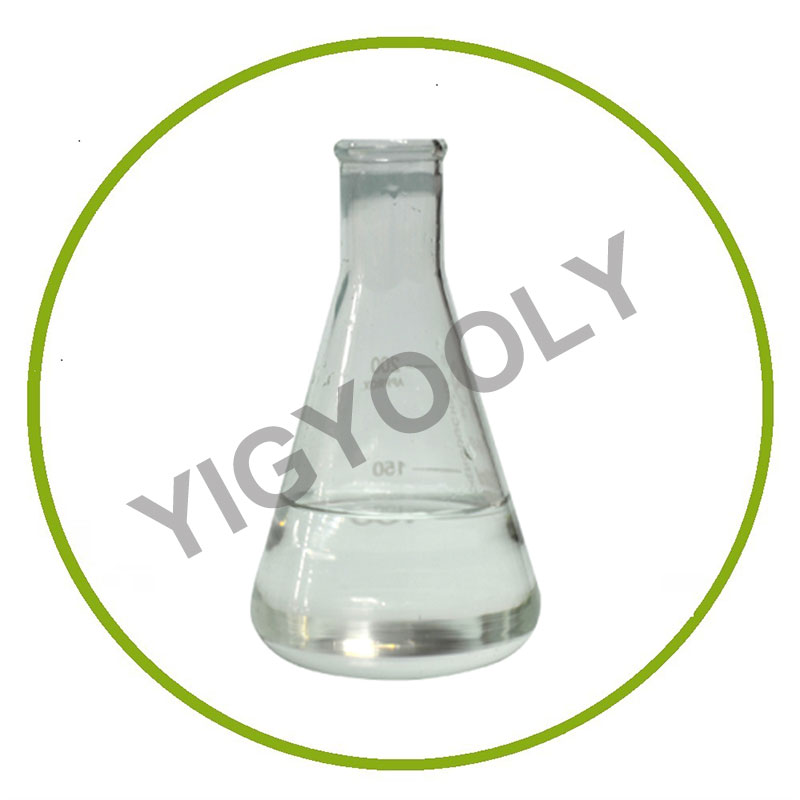Water Treatment Chemicals: Essential for Clean and Safe Water
2025-04-28
Water is one of our most precious resources, but it’s not always as clean as we would like it to be. Whether it’s for drinking, industrial use, or even swimming pools, ensuring that the water is treated and free from contaminants is crucial. That’s where Water Treatment Chemicals come into play. These chemicals are vital in purifying water and making it safe for all kinds of uses.

Let’s dive into the world of water treatment chemicals, their importance, and how they help in keeping our water clean and safe!
What Are Water Treatment Chemicals?
Water treatment chemicals are substances used to treat and purify water. They help remove impurities, bacteria, and other harmful substances that could pose a risk to health or affect the quality of the water.
Some common types of water treatment chemicals include:
- Coagulants: These chemicals help particles in the water clump together so they can be easily removed.
- Flocculants: Often used alongside coagulants, flocculants help the clumped particles (called flocs) settle to the bottom of the water so they can be removed.
- Disinfectants: Chemicals like chlorine are added to kill bacteria and viruses in the water, ensuring it's safe to drink and use.
- pH Adjusters: Chemicals like lime or soda ash are used to adjust the pH of the water, ensuring it is neither too acidic nor too alkaline.
- Algaecides: Used to prevent algae growth, especially in water used in pools or cooling systems.
Why Are Water Treatment Chemicals So Important?
1. Ensuring Clean Drinking Water
- Water treatment chemicals play a crucial role in making water safe to drink. By removing harmful contaminants and pathogens, they help provide clean, potable water that meets health standards. This is especially important in areas where access to clean water is limited.
2. Industrial Applications
- Industries use large amounts of water in their processes. Water treatment chemicals ensure that water used in manufacturing, cooling, and production systems is free from contaminants, preventing equipment damage and ensuring the quality of the final product.
3. Wastewater Treatment
- Wastewater treatment involves removing pollutants from water that’s been used in households, factories, or businesses. Chemical treatments help break down organic matter, neutralize harmful substances, and make the water safe for disposal or even reuse.
4. Maintaining Healthy Pools and Aquariums
- Water treatment chemicals aren’t just for large-scale water treatment plants. They're also vital for keeping pools and aquariums clean and free from harmful bacteria and algae. Without the proper chemical treatments, pools can quickly become breeding grounds for germs, affecting the health of swimmers.
5. Environmental Protection
- Water treatment chemicals ensure that water released into rivers, lakes, or oceans is free from harmful substances that could damage the environment. They help prevent pollution and protect aquatic life by neutralizing toxins before the water is released back into nature.
How Do Water Treatment Chemicals Work?
Water treatment chemicals work in different ways depending on the type of chemical being used and the specific problem being addressed:
- Coagulation and Flocculation: Coagulants and flocculants work together to remove suspended particles in water. Coagulants neutralize the charges on particles, causing them to clump together. Flocculants then help these particles form larger clumps (or "flocs") that can settle at the bottom of the tank for easy removal.
- Disinfection: Disinfectants like chlorine or ozone are used to kill harmful microorganisms. Chlorine, in particular, is one of the most common disinfectants used in drinking water treatment plants, as it effectively kills bacteria and viruses that could cause illness.
- pH Adjustment: pH adjusters are used to modify the acidity or alkalinity of the water. Water that's too acidic or too alkaline can cause damage to pipes and equipment, so pH balancing is essential for maintaining the water quality.
Where Are Water Treatment Chemicals Used?
- Municipal Water Systems: To ensure that drinking water supplied to homes and businesses is clean and safe.
- Industrial Facilities: To treat water used in manufacturing and cooling processes.
- Agricultural Watering: In farming to ensure irrigation water is safe and free from pathogens that could affect crops.
- Swimming Pools: To maintain clean and clear water, free from harmful bacteria and algae.
- Wastewater Treatment Plants: To treat water before it’s safely returned to the environment or reused.
Final Thoughts
Water treatment chemicals are the unsung heroes that make sure the water we use every day is safe, clean, and suitable for various purposes. From disinfecting drinking water to ensuring industrial processes run smoothly, these chemicals help keep the world’s water supply safe for both people and the environment.
Next time you fill up your glass of water or dive into a clean pool, remember the crucial role water treatment chemicals play in making that possible.


